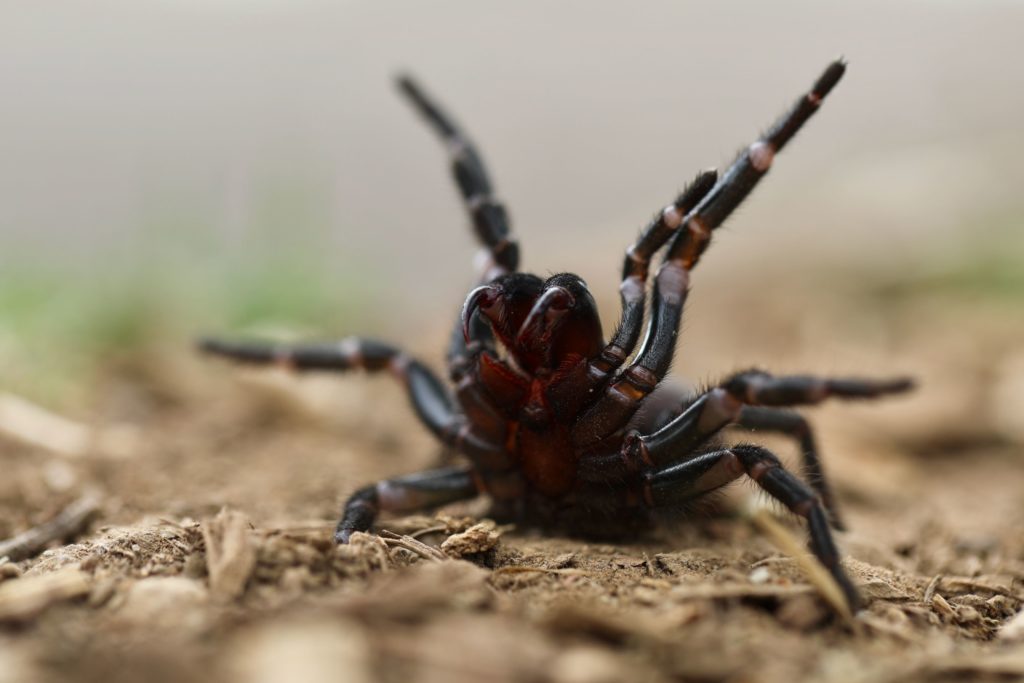The Australian Reptile Park has hit a groundbreaking milestone in its ongoing funnel-web spider program.
Spring has sprung early with a female funnel-web spider laying an egg sac a month earlier than expected, marking a significant achievement in the program and the first egg sac of the season.
The development was made possible by mimicking the natural onset of Spring through a slight increase in the temperature of the spiders’ controlled environment.
It is attributed to the keen observation and expertise of the Australian Reptile Park’s Spider Keeper, Emma Teni, who noticed specific features in the spider – particularly its swollen abdomen- and identified her as potentially gravid.
Teni kept a keen eye on the spider, setting up the perfect conditions for it to feel safe and healthy enough to lay its precious egg sac.
“It’s an absolute thrill to witness this natural process unfold right here at the Australian Reptile Park,” she said.
“This egg sac represents the culmination of our team’s hard work and dedication to replicating the spiders’ natural environment as closely as possible.
“I’m eagerly looking forward to seeing the spiderlings hatch this October.”
The spiderlings will be raised at the Park until they are mature enough to join its lifesaving venom milking program.
The Australian Reptile Park is the only facility in Australia that milks funnel-web spiders for their venom, which is then processed into antivenom, saving countless lives each year.

“This is a significant moment for us,” Park Director Liz Gabriel said.
“Not only does it demonstrate our capability in funnel-web spider husbandry, but it also enhances our capacity to produce vital venom for antivenom production.
“We are incredibly proud of Emma and the entire team for making this possible.”
The Park continues to call on the public to support its lifesaving efforts by donating any funnel-web spiders or egg sacs they may find.
This is crucial for sustaining the venom program and ensuring that the antivenom remains available to those in need.
Anyone with a suspected funnel-web spider bite should always seek urgent medical advice or call 000.
To learn more about the appropriate first aid for funnel-web spider bites, head to the Australian Reptile Park’s website – www.reptilepark.com.au



